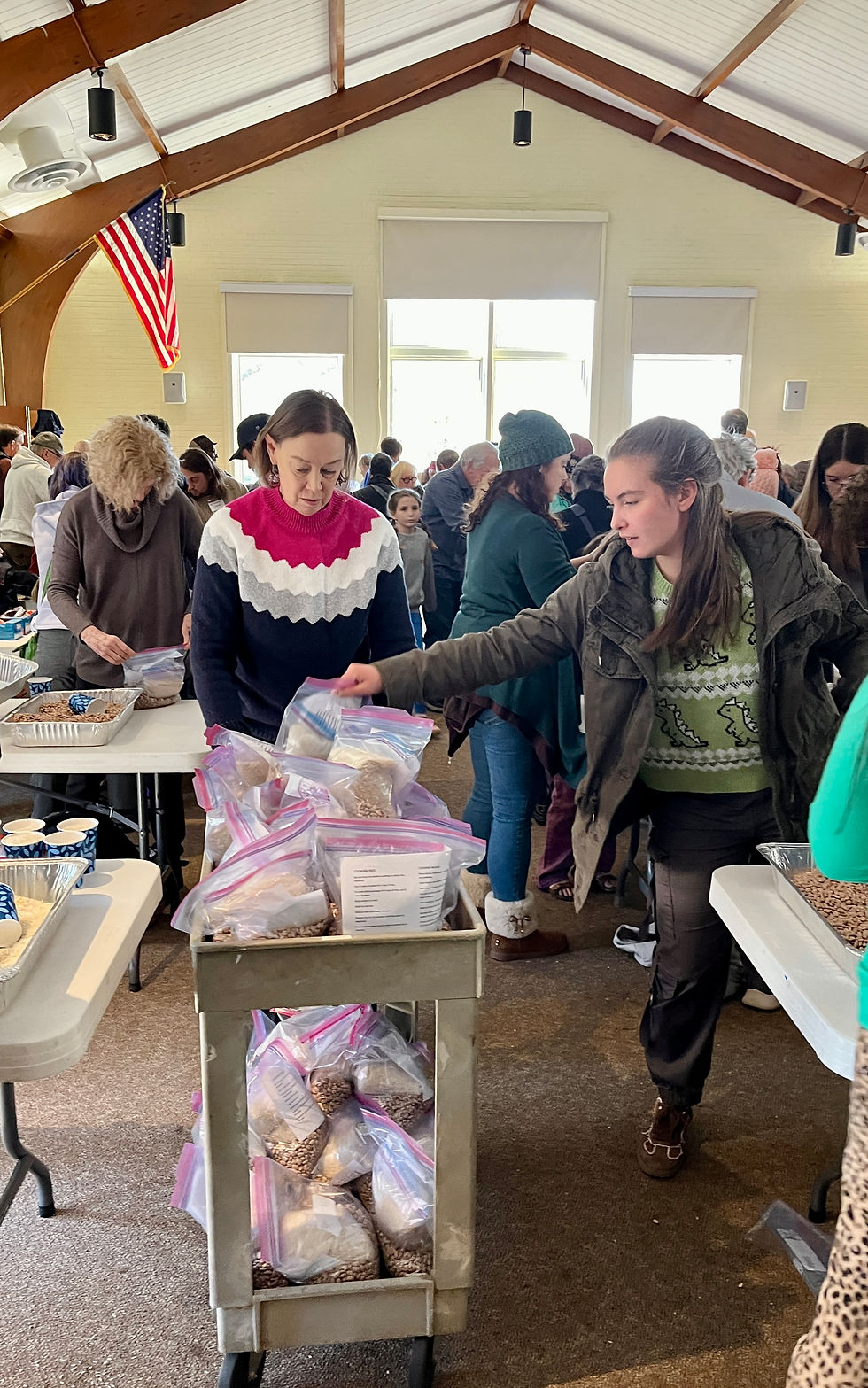Inside the NC Faith and Justice Alliance - An Interview with The Rev. Marshall Jolly
- Diocese of WNC

- Jul 27, 2020
- 3 min read
Updated: Nov 12, 2020
By Virginia Taylor, Director of Communications
What do renting a property, registering to vote, and visiting the liquor store all have in common?
You need a driver's license to do them.
"Not having a driver's license, or not having one that's valid, creates a whole host of other civil, financial, legal, residential, and medical issues," said the Rev. Marshall Jolly, rector of Grace Episcopal Church in Morganton, NC. Beyond serving as a rector, Jolly is part of the North Carolina Faith and Justice Alliance, a sub committee of the state-wide Equal Access to Justice Commission.

Inspired after a similar model in Tennessee, the NC Faith and Justice Alliance describes itself as a "coalition of faith-based groups and legal practitioners formed to address unmet legal needs of low-income North Carolinians." Spearheaded by Cheri Beasley, the Chief Justice for the Supreme Court of North Carolina, the alliance brings both legal practitioners and faith leaders across the state together to help provide equal access to judicial resources for those in marginalized communities.
NCFairChance.org is a recent initiative of the alliance in collaboration with the NC Pro Bono Resource Center working to help alleviate suspended licenses caused by unpaid fees. Recently completed in Mecklenburg and Pitt counties, the project significantly impacts marginalized communities in the region. While just 36% of the Pitt County population are African-American, they make up 72% of those with suspended licenses due to failure to pay. (According to the NC Judicial Branch)
"If you don't have a valid license and you have to work for a living, you're either running the risk of going to work, getting pulled over, and being thrown in jail, or staying home and not being able to provide for your children," Jolly said. "Helping gain a license is a procedural thing that we can do that might seem very small but will have huge ripples in the civil pond."
Beyond the NCFairChance initiative, the NC Faith and Justice Alliance has other initiatives to help marginalized communities across the state. In Burke County, NC, an area formed by the timber and lumber industries, Jolly saw the impacts that manufacturing businesses took on marginalized communities. Thus, he began to focus his efforts on creating legal access and information for the Latinx community.
"At the center of our town we have a large poultry plant," Jolly said. "There are questionable practices, ethical questions about that plant and how they treat their employees, questions on how to navigate citizenship, how to get out of an unfair work environment without risking your life and livelihood."
As part of his work with the NC Faith and Justice Alliance, Jolly hopes to make his parish a hub of information for those in need of legal assistance.
"I like to think of The Church as this crossroads in the world, where people can come with need," Jolly said. "The church might not be able to meet that need themselves, but they know somewhere you can get that services. The church serves the role as a community center. My hope is that eventually we will be a center where people can host these day long workshops, where people can come in with a variety of legal needs and we can provide that service for folks."
Going forward, the NC Faith and Justice Alliance aims to overcome barriers to justice and rebuild trust in many communities across the state. By collaborating to offer resources, the alliance is additionally sparking much-needed dialogues during one of the most significant civil rights movements our country has ever seen.
Image via Warren LeMay, CC BY-SA 4.0 <https://creativecommons.org/licenses/by-sa/4.0>, via Wikimedia Commons
"There's a lack of trust towards law enforcement, a lack of trust among the legislature, the judicial system, and the reality is none of these systems are a monolith, they're made of people" Jolly said. "So if we can put these people face to face with one another and have a real human exchange that's mutually beneficial then I think we are really breaking down some barriers and putting some equity in the bank. I think this is what the church is called to do--to build bridges, and to restore all people."
To learn more about the NC Faith and Justice Alliance, click here to visit their website.




Comments